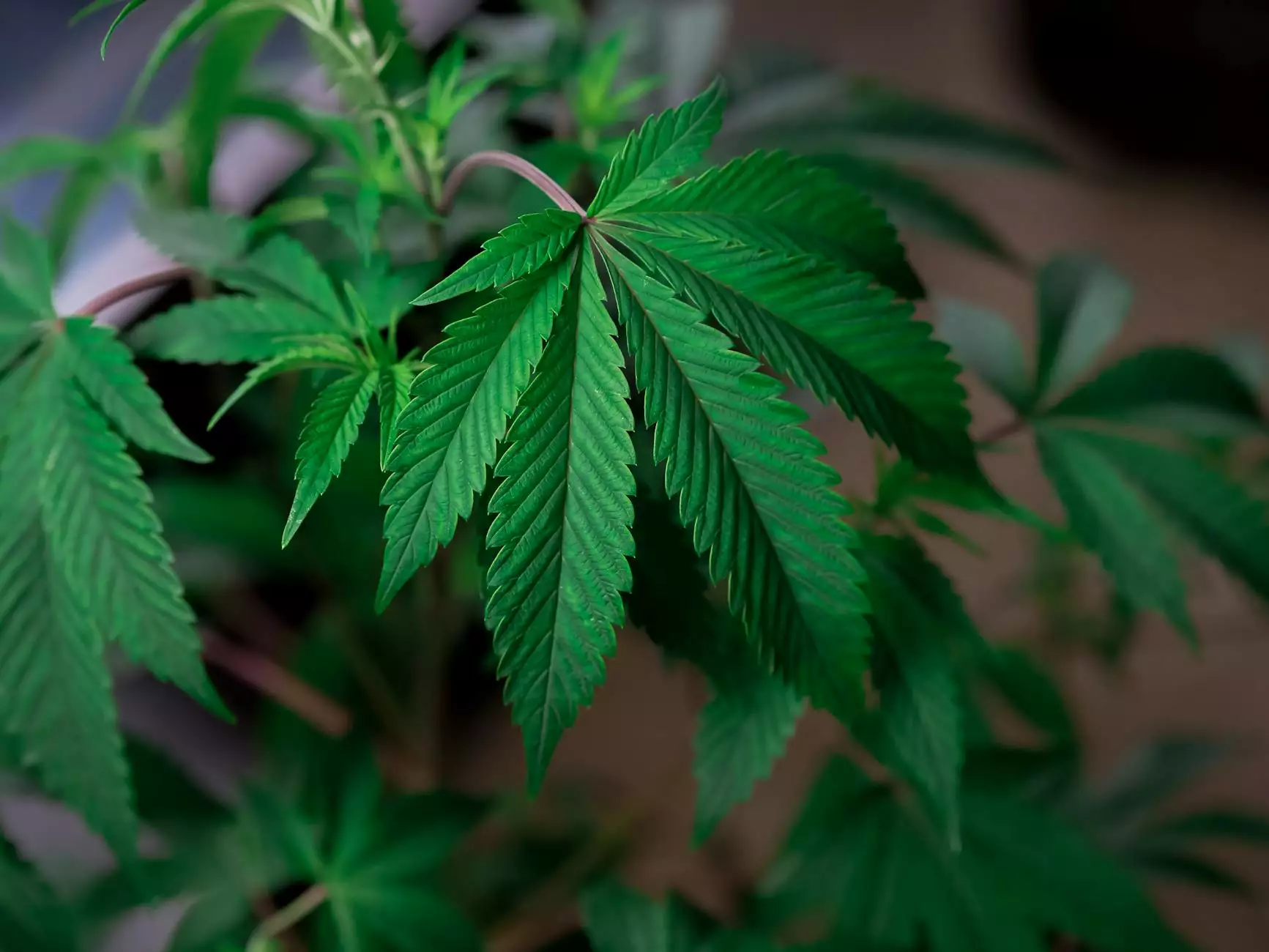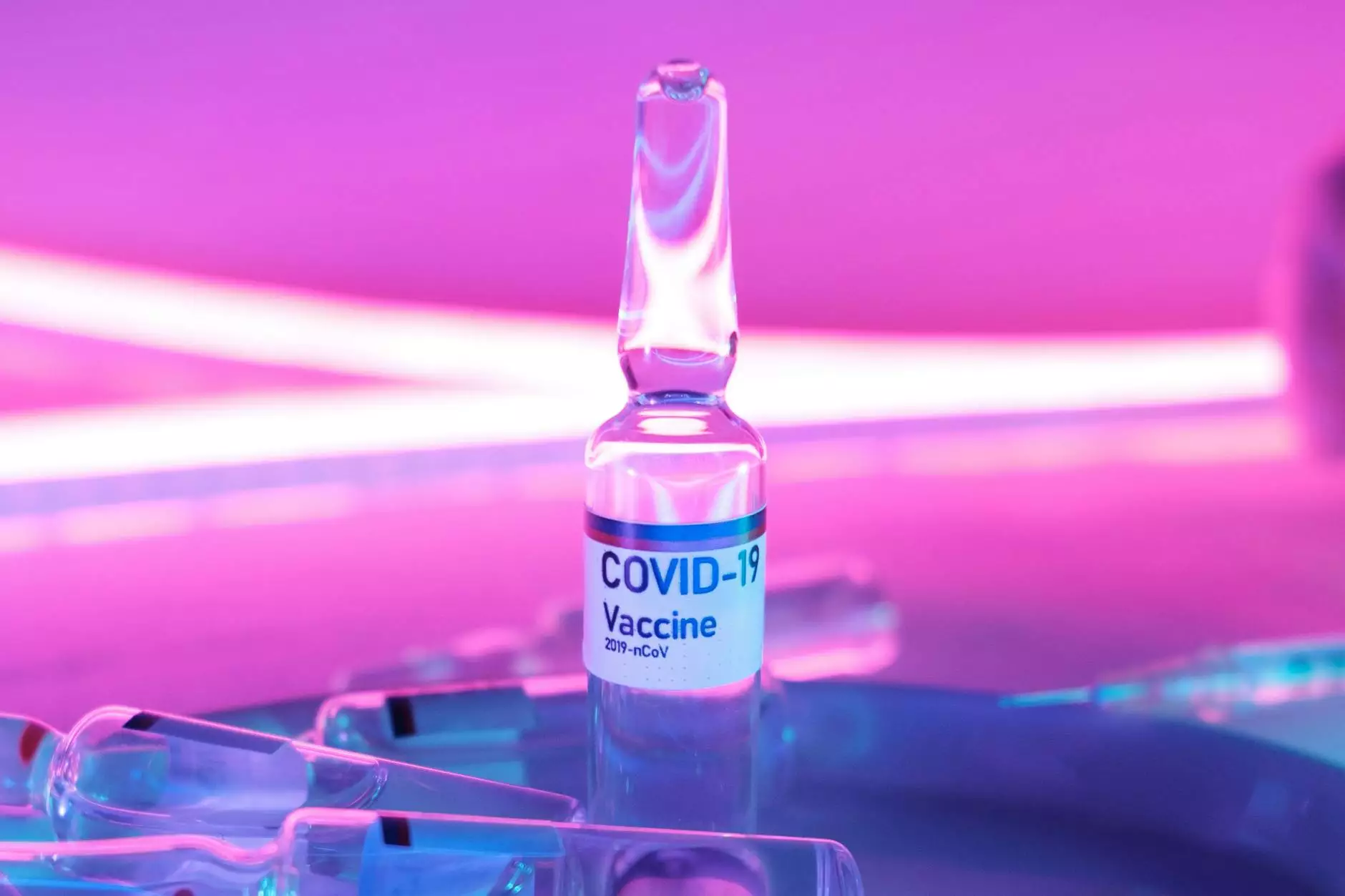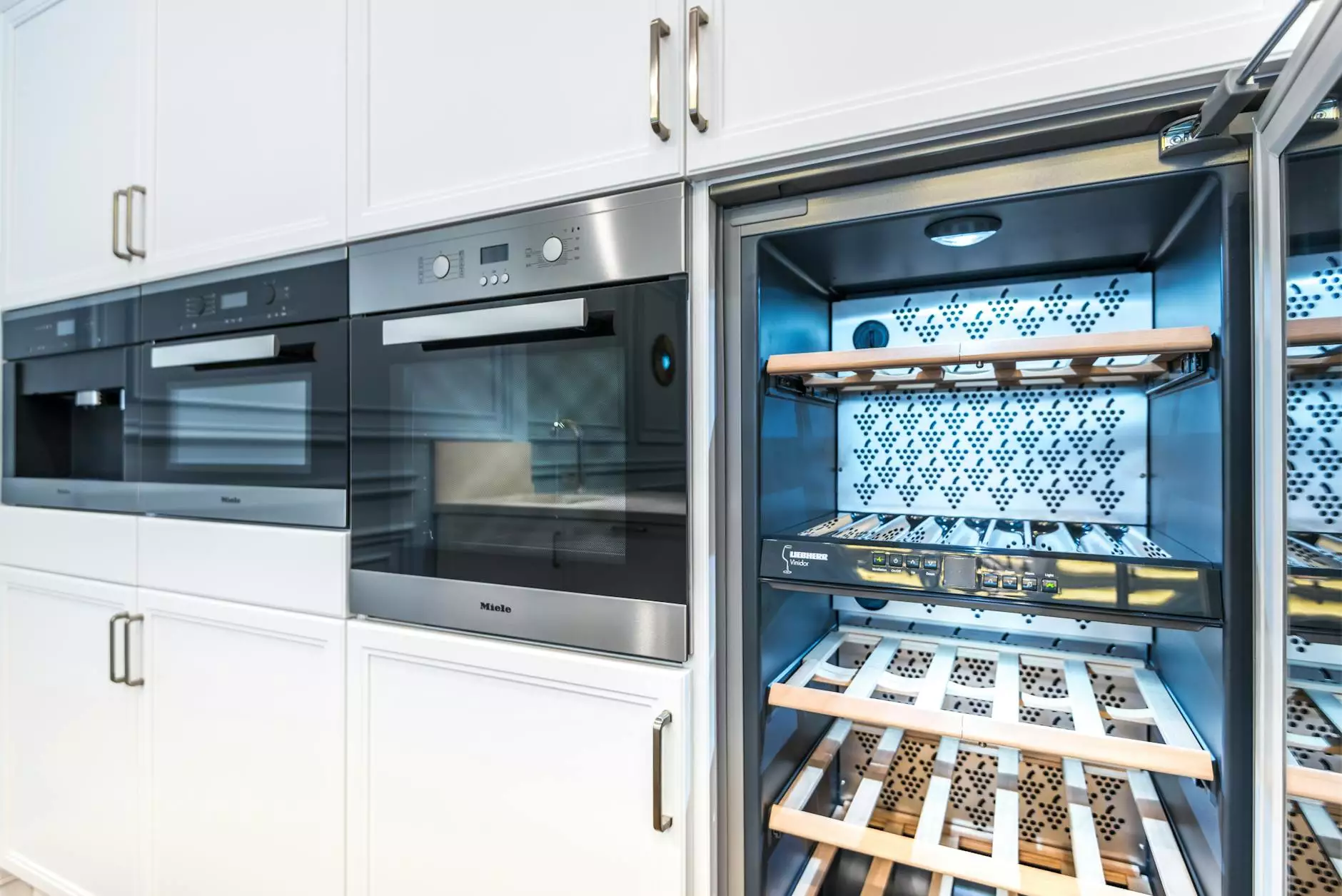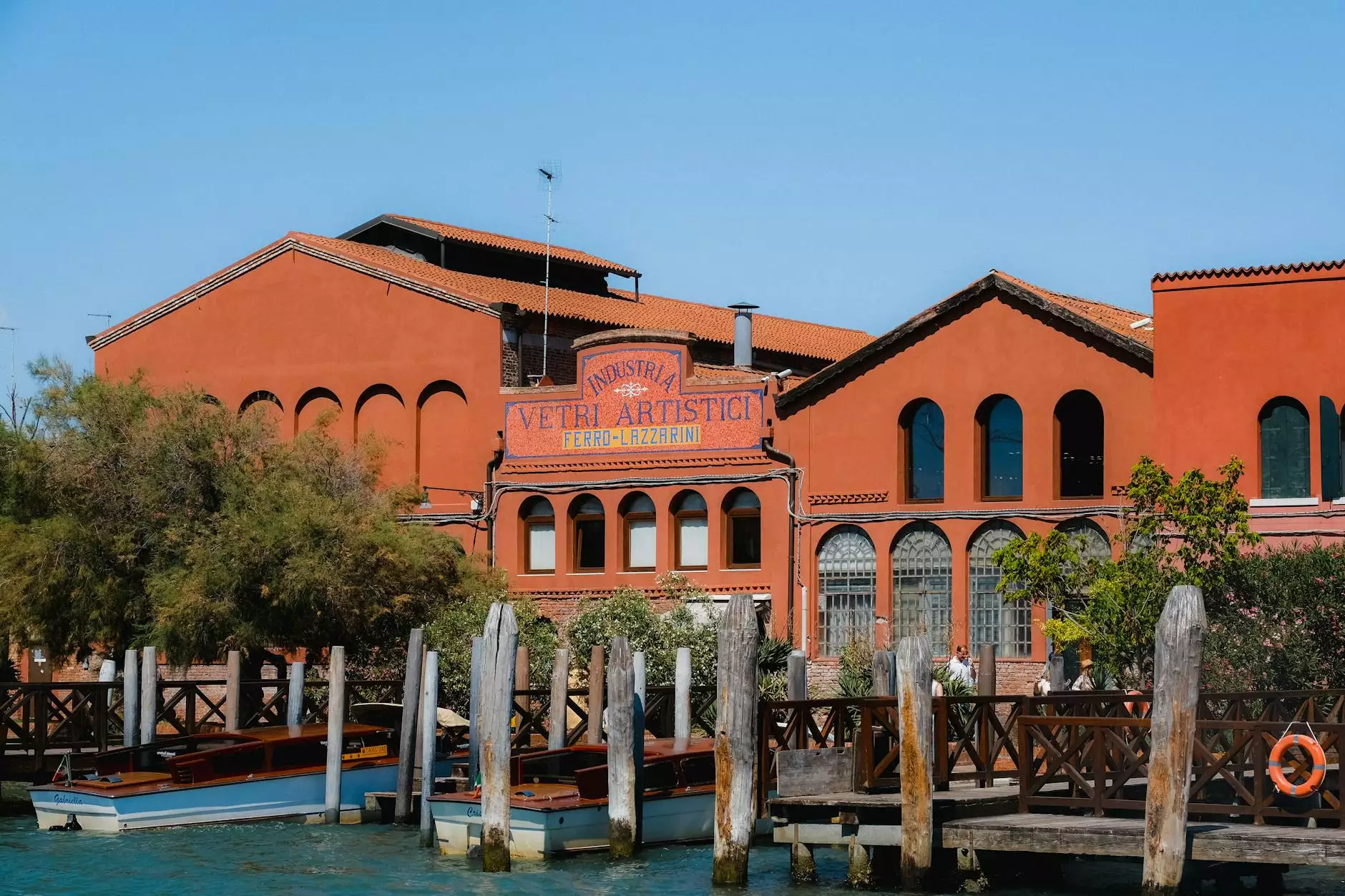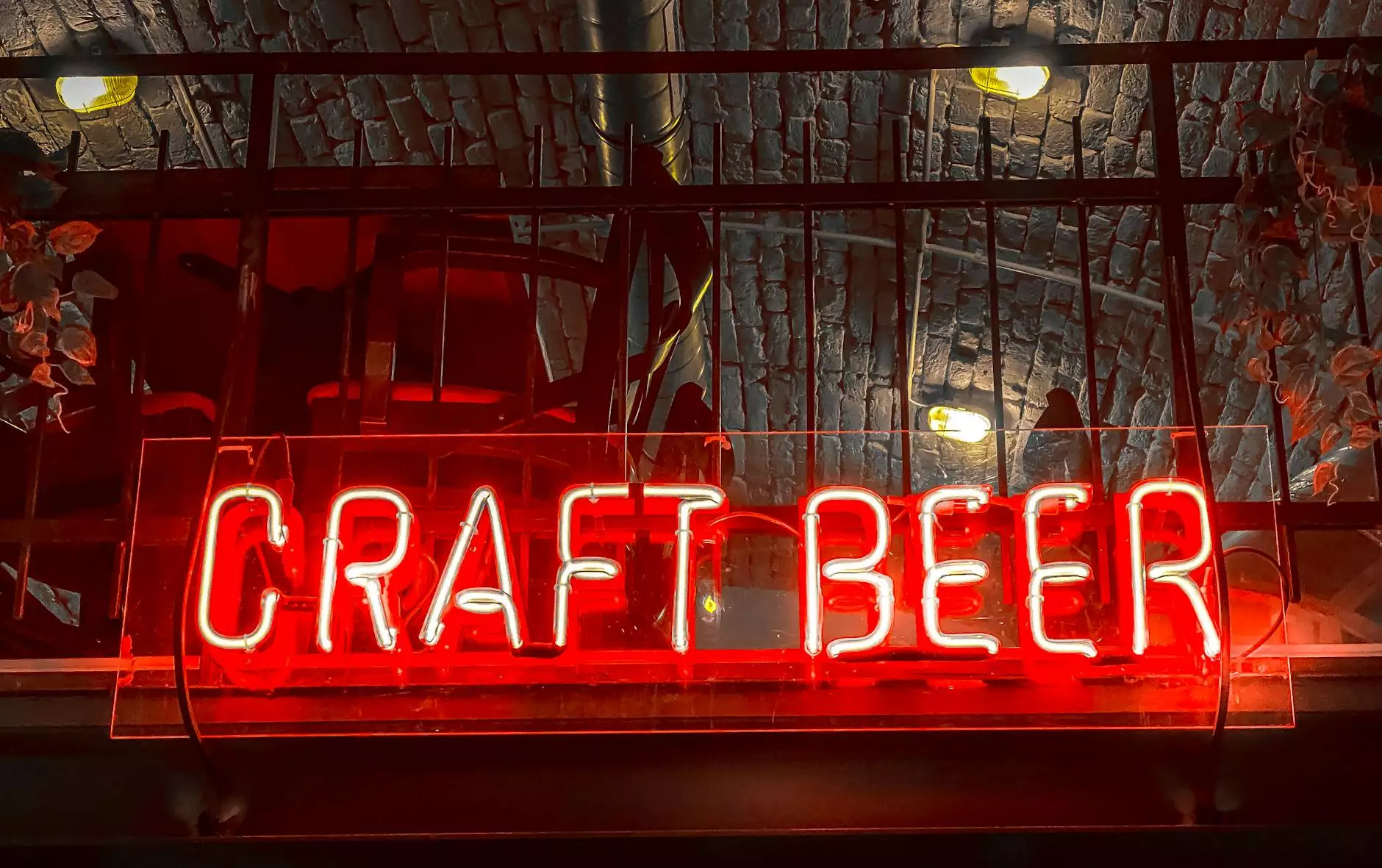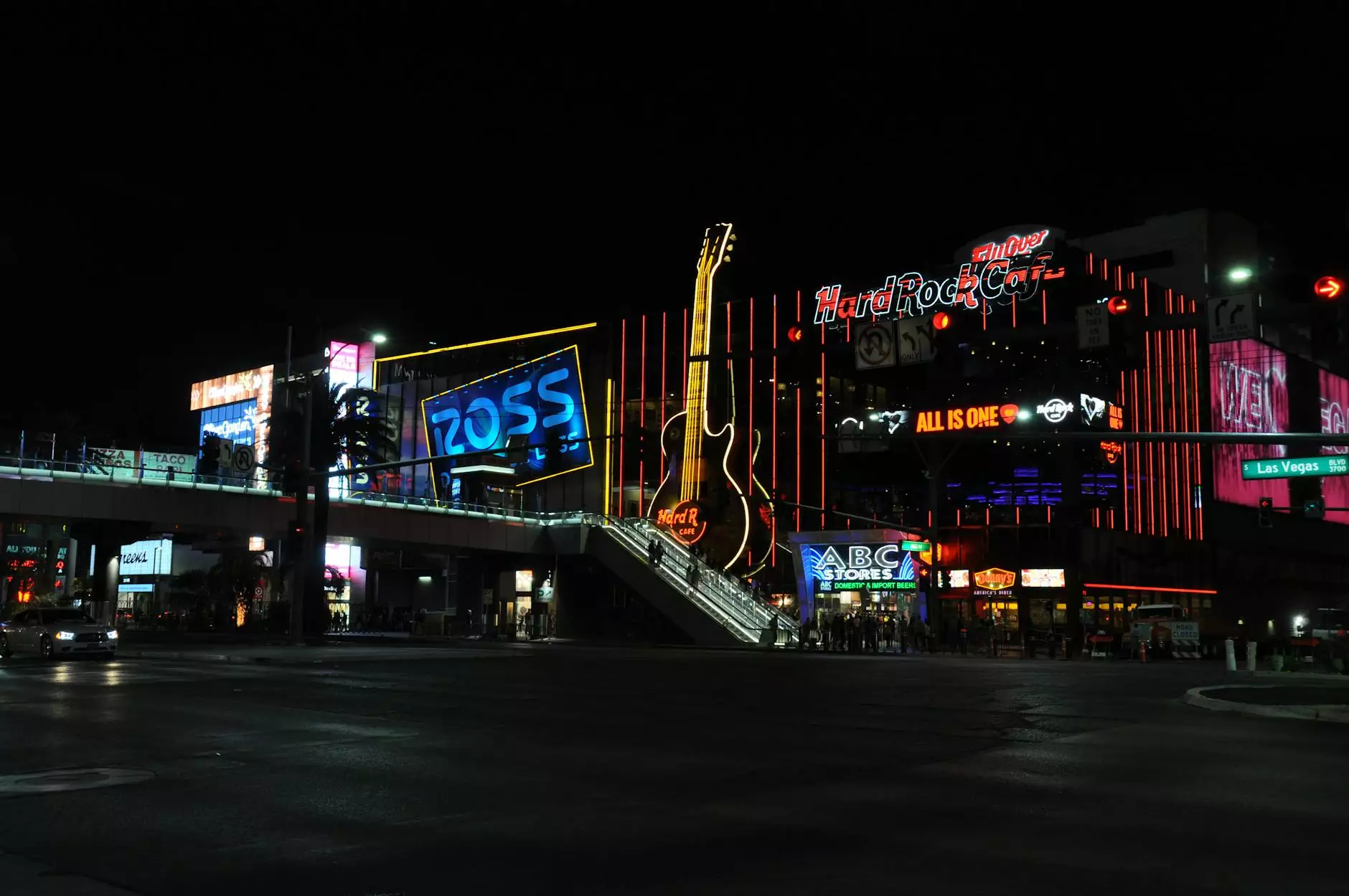Porting Game from Unity to Godot: A Comprehensive Guide
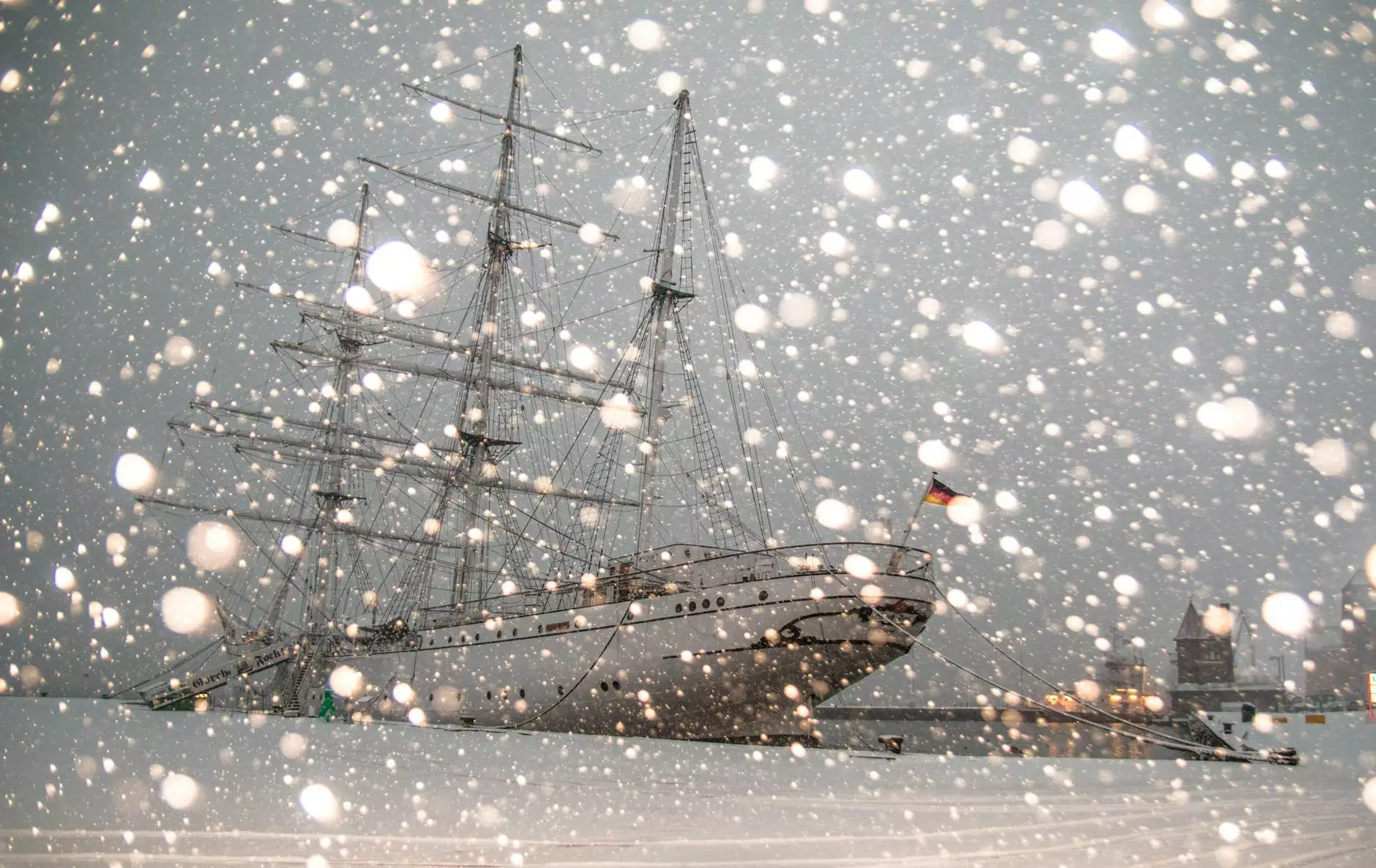
The gaming industry has seen significant advancements over the years, offering developers a multitude of platforms and tools to create engaging content. One crucial aspect many developers face is the need to port games from one engine to another. Specifically, this guide focuses on the nuances of porting a game from Unity to Godot. Whether you're a seasoned developer or just starting, this article will provide you with in-depth insights and actionable steps to navigate the transition seamlessly.
Understanding the Basics of Unity and Godot
Before diving into the technicalities of porting, it’s essential to understand the two platforms:
- Unity: A powerful, widely-used game engine that supports 2D and 3D game development. Ideal for developers looking to create complex environments and graphics.
- Godot: An open-source game engine designed for simplicity and flexibility, appealing to both 2D and 3D developers. It offers a lightweight alternative with a strong community backing.
Reasons to Port from Unity to Godot
There are various reasons why developers may consider porting their games from Unity to Godot, including:
- Cost Efficiency: Godot is open-source and free to use, which eliminates licensing fees.
- Performance Improvements: In some cases, Godot can offer better performance for specific projects due to its lightweight structure.
- Flexibility and Control: Godot allows deeper access to engine features, giving developers more control over their projects.
- Community Support: The Godot community is active and supportive, providing numerous resources and plugins to aid development.
The Challenges of Porting a Game
Porting games is not without its challenges. Some of the key issues faced during the transition process include:
- Asset Compatibility: Unity and Godot use different file formats and asset management systems.
- Script Language Differences: Unity primarily uses C#, while Godot has its own scripting language - GDScript, which is similar to Python.
- Physics and Animation Systems: Differences in how each engine handles physics and animations may lead to unexpected behavior in the ported game.
Step-by-Step Guide to Porting a Game from Unity to Godot
Now that we understand the landscape, let's explore the step-by-step process of porting your game:
Step 1: Preparing Your Unity Project
Begin by ensuring your Unity project is well-organized. Clean up any unused assets and scripts. This will not only make the porting process smoother but also help in identifying elements that will need to be recreated in Godot.
Step 2: Analyze and Document Your Game Mechanics
Before starting the port, it's crucial to document your game's mechanics, including:
- Game rules
- Character controls
- Enemy behaviors
- User interface elements
This documentation will serve as a reference point during the porting process.
Step 3: Export Assets from Unity
Export assets from Unity that you plan to use in Godot. This may include:
- 3D models (FBX or OBJ formats)
- Textures (PNG, JPG)
- Audio files (WAV, MP3)
Ensure you maintain a logical folder structure to ease the import process into Godot.
Step 4: Import Assets into Godot
Import the exported assets into your Godot project. Godot supports drag-and-drop functionality, making it straightforward to bring in your files. Pay attention to:
- File types and formats
- Texture import settings
- Animation setups for models
Step 5: Recreating Game Logic
This step is possibly the most time-consuming. Rewrite your game logic using GDScript or C# (Godot also supports C#). Take into consideration:
- Godot’s node-based architecture
- Differences in the API between Unity and Godot
Leverage the documentation available on Godot's website to assist you in this transition.
Step 6: Testing and Debugging
As you recreate the game mechanics, regularly test and debug your game. Godot provides a robust debugging toolset that can help identify issues early in the development process.
Step 7: Adjusting User Interface
The user interface might need significant adjustments. Godot offers a flexible system for creating UI elements, so make sure to:
- Utilize CanvasLayers for UI components
- Test adaptability across different screen sizes
Optimizing the Game in Godot
After successfully porting your game, the next step involves optimization. Consider the following:
- Performance Testing: Check frame rates and resource usage across different hardware.
- Graphics Settings: Tweak rendering settings to enhance visual quality without sacrificing performance.
- Asset Optimization: Reduce texture sizes and polygon counts where appropriate to improve loading times and runtime performance.
Learning Resources for Godot
Transitioning to a new game engine requires learning. Here are some valuable resources for mastering Godot:
- Godot Documentation: The official manual provides comprehensive guidance on engine features.
- Godot Recipes: A collection of community-contributed solutions for common problems.
- YouTube Tutorials: Various channels offer a wealth of knowledge and tutorials for beginners and advanced users alike.
Conclusion: Embracing the Porting Process
Porting a game from Unity to Godot is a multifaceted process that requires careful planning, execution, and testing. By following the steps outlined in this guide, you can streamline your approach and achieve a successful transition. Embrace the challenges, utilize the resources available, and remember that each port is an opportunity for creative growth and learning.
As you venture into this new territory, always seek out feedback from the community. Your experience in porting can not only elevate your own skills but also contribute to others looking to make a similar shift.
About Pingle Studio
At Pingle Studio, we specialize in Art Galleries, Graphic Design, and 3D Printing. Our mission is to empower artists and developers through innovative solutions and quality support. Whether you are transitioning to a new platform or seeking top-notch design services, we are here to assist you.
porting game from unity to godot
